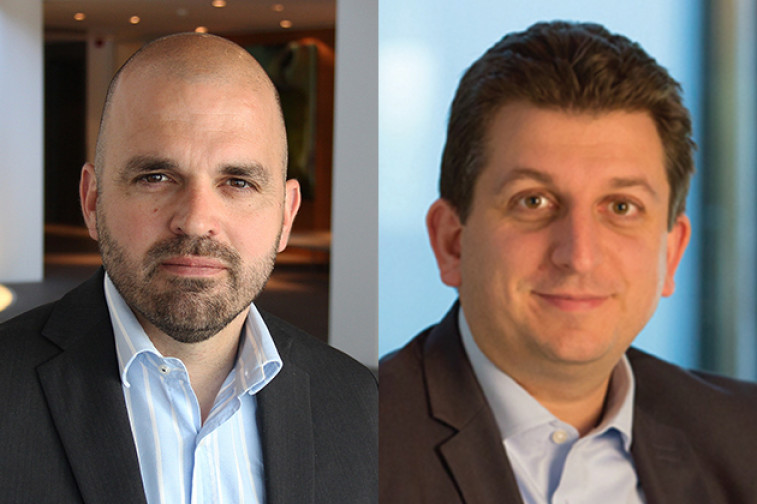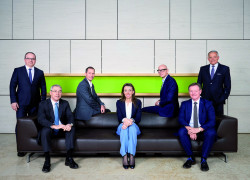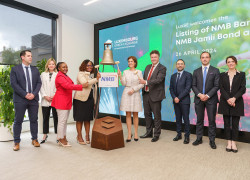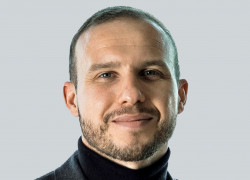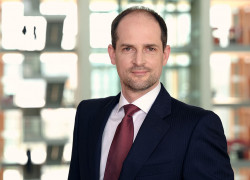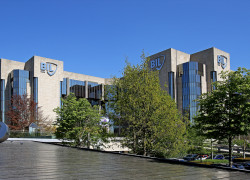Deloitte’s tenth edition of the annual Global Human Capital Trends report
When resilience can determine organizational survival, only 16 percent of business leaders expect to significantly increase investment in the continual reinvention of the workforce over the next three years.
In its 10th annual 2020 Global Human Capital Trends report, “The social enterprise at work: Paradox as a path forward,” Deloitte examines ways to create that level of sustainability by finding the intersection between humans and technology and defining the core attributes that need to be embedded in the organization to create and sustain that integration.
Having surveyed approximately 55,000 business leaders over 10 years, this is the largest longitudinal study of its kind. The 2020 report explores whether organizations can remain distinctly human in a technology-driven world and showcases the top trends driving seismic shifts in the work, workforce, and workplace.
Worker well-being as an organizational responsibility
Although historically organizations were only responsible for workers’ safety, today nearly all respondents — 96 percent — say that well-being is an organizational responsibility. Though 80 percent of respondents identified well-being as an important or very important priority for their organization’s success, 61 percent are not measuring the impact of well-being on organizational performance.
Well-being extends beyond physical health to employees feeling a sense of purpose and belonging. When asked how creating a sense of belonging supports organizational performance, 63 percent answered that it does so by enhancing alignment between individual and organizational objectives. Twenty-eight percent of respondents said that feeling aligned to the organization’s purpose, mission and values, and being valued for their individual contributions, are the most impactful ways to help ensure a sense of belonging.
“During these unprecedented times of COVID-19, immediate actions in reaction to the pandemic such as the implementation of new ways of working and redirecting the workforce on critical activities must be a priority for all organizations. Professionals’ well-being is at the heart of this change. By ensuring employees’ ability to (re)connect to themselves and (re)connect to others, this will ensure a positive impact on their future and the future of any firm,” explains Stephan Tilquin, Partner and Talent Leader at Deloitte Luxembourg.
Bringing together humans and technology
With the rapid integration of artificial intelligence (AI), workers are facing new realities of how they can work together with technology to bring out the best in one another. This year’s report found that only 12 percent of respondents said their organizations are primarily using AI to replace workers, while 60 percent said their organization was using AI to assist, rather than to replace, workers. Furthermore, 66 percent of respondents believed that the number of jobs would either stay the same or increase as a result of AI’s use in the next three years.
Building off last year’s chapter on “superjobs,” the concept of “superteams” combines people and machines, leveraging their complementary capabilities to help solve problems, gain insights, and create value — addressing a renewed sense of potential and creating new possibilities for the future.
"Technological change goes hand in hand with organizational change. In order to succeed, organizations need to ensure that the way they approach innovation is aligned with their innovation objectives. By investing in digital tools and in the recruitment of experts capable of utilizing new technologies to their full potential, companies will gain insight and efficiency in the long run." explains Pascal Martino, Banking and Human Capital Leader at Deloitte Luxembourg.
Beyond reskilling and fostering resilience
Organizations recognize that reskilling is important, with 53 percent of respondents saying between half and all of their workforce will need to change their skills and capabilities in the next three years. Yet, only 16 percent of business leaders expect to make a significant investment increase in the continual reinvention of the workforce over the next three years. With technical skills becoming outdated so quickly, organizations should be investing in longer lasting capabilities like creativity, collaboration, critical thinking and emotional intelligence that can keep their workforce relevant.
Although organizations are trying a variety of strategies to future proof their workforce, 68 percent of respondents report their organizations are currently making only moderate investments in reskilling or no investment at all. 32 percent of respondents identified lack of investment as the greatest barrier to workforce development in their organization, with only 17 percent of respondents expressing confidence “to a great extent” that their organizations can anticipate the skills their organizations will need in three years.
Read more about the 2020 Global Human Capital Trends here: https://www2.deloitte.com/lu/en/pages/human-capital/articles/human-capital-trends.html
Communiqués liés
Un résultat courant en hausse de 7,5 % par rapport à l’e...
Dans un climat incertain, Banque Raiffeisen reste fidèle à ses valeurs et à s...
NMB Bank brings East Africa’s first sustainability bond to...
Just over a year after listing the first Sub-Saharan Africa gender bond on the L...
Allen & Overy announces first promotions in Luxembourg for A...
Allen & Overy (A&O) has announced the promotion of two new partners, three new c...
Nearly 50% EMEA firms believe AML regulations need more clar...
Across the Europe, Middle East and Africa (EMEA) region, almost half of financia...
2023 : une année de transition et de transformation
Lors de l’Assemblée générale qui s’est tenue le 24 avril 2024, les acti...
Il n'y a aucun résultat pour votre recherche

